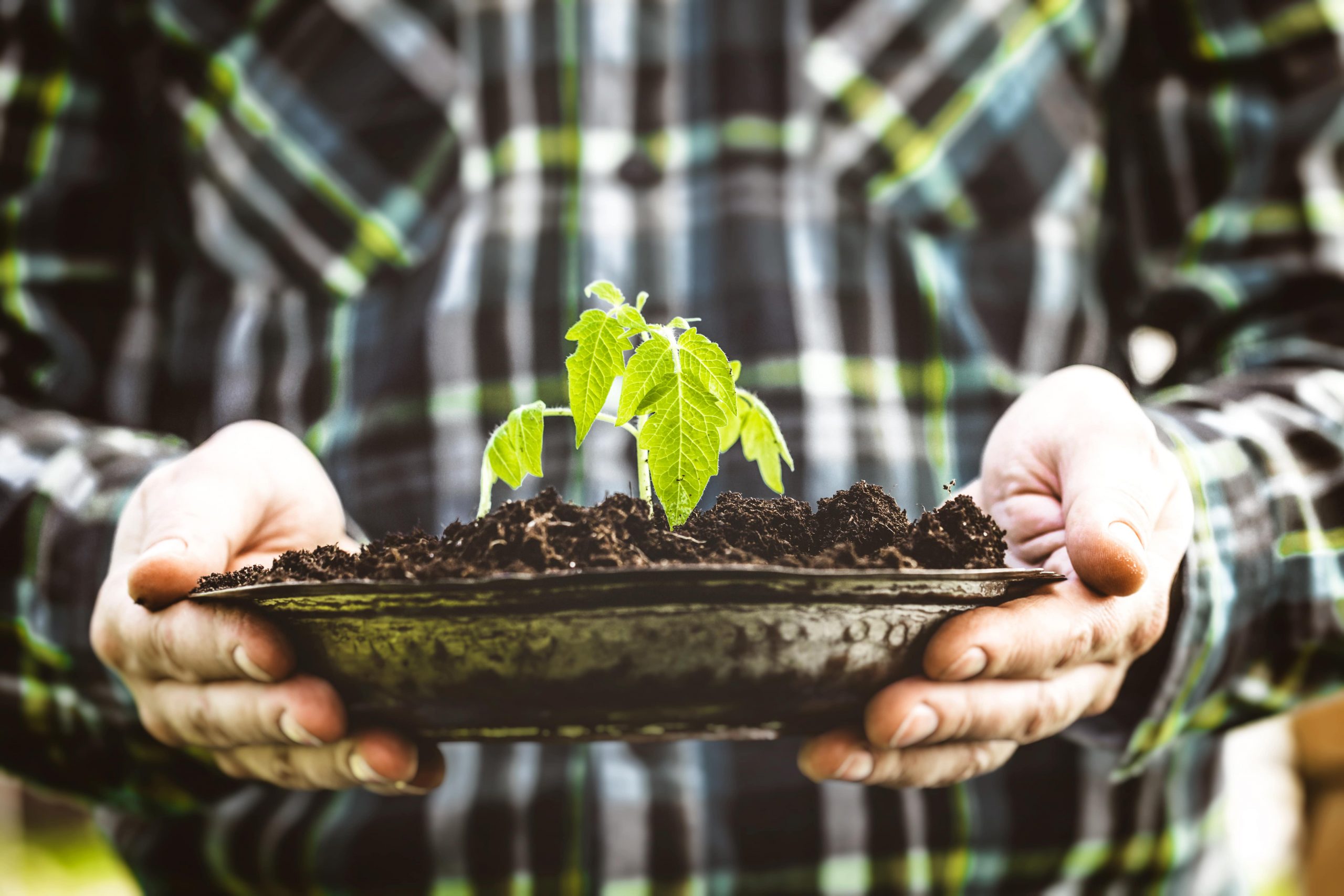
What Gardening Teaches Us?
Gardening is more than just a way to grow food or flowers. It can be a deeply rewarding experience that teaches us many important lessons. Here are just a few of the things that gardening can teach us:
1. Patience – Gardening requires patience. You can’t just plant a seed and expect it to grow overnight. You have to be patient and wait for the plant to grow at its own pace. This can be a good lesson for us in our everyday lives. We often want things to happen immediately, but sometimes we need to be patient and wait for them to happen in their own time.
2. Persistence – Gardening also requires persistence. Sometimes our plants will face challenges, like pests or bad weather. But if we are persistent, we can overcome these challenges and help our plants thrive. This lesson can be applied to our own lives as well. Whenever we face difficulties, we need to remember to be persistent and keep going.
3. Care – Another important lesson that gardening teaches us is the importance of care. Our plants need care and attention in order to grow and thrive. We need to water them, fertilize them, and protect them from pests. This lesson is also relevant to our own lives. We need to take care of ourselves and others in order to live happy and healthy lives.
4. Appreciation – When we see our plants grow from tiny seeds into full-fledged plants, it can fill us with a sense of wonder and appreciation for the natural world. Gardening can teach us to slow down and appreciate the small things in life. This is an important lesson that we can carry with us into all aspects of our lives.
5. Responsibility – Finally, gardening also teaches us responsibility. When we have plants that rely on us for their care, we need to make sure that we take good care of them. This lesson can be extended to our relationships with other people as well. We need to be responsible for our words and actions and take care of the people in our lives.
Gardening is a rewarding activity that can teach us many important lessons about life. Next time you’re in the garden, take a moment to reflect on these lessons and how you can apply them to your own life.
Why is it important to learn gardening?
Gardening is a great way to get outside and enjoy the fresh air. It can also be a great way to get some exercise and relieve stress. But beyond all that, gardening can teach us some important life lessons.
For one, gardening can teach us about patience. It takes time for seeds to sprout and grow into full-fledged plants. We have to be patient in order to see results. This is a good lesson to learn in life, as many things worth pursuing take time and patience to achieve.
Gardening can also teach us about responsibility. Once we plant something, we have to water it, give it sunlight, and pull weeds. We have to tend to it regularly or it will die. This is a good lesson for kids especially, as it helps them understand that living things need care and attention.
Finally, gardening can teach us about the cycle of life. We plant seeds, they grow into plants, we harvest the fruits or vegetables, and then we start the cycle anew. This is a good reminder that life is always changing and that nothing stays the same forever.
So, why is gardening important? Because it can teach us some valuable lessons about life that we can carry with us forever.
What is the most important in gardening?
Gardening is a passion for many people. It can be a hobby, a form of exercise, or a way to relax. For some, it is a way to connect with nature. For others, it is a way to provide food for their families. No matter what the reason, gardening is a rewarding experience.
There are many different types of gardens, from vegetable gardens to flower gardens. Each type of garden has its own set of challenges and rewards. No matter what type of garden you have, there are some basic things that are important to remember. These tips will help you get the most out of your gardening experience.
1. Plan Your Garden
One of the most important things you can do before you start gardening is to plan your garden. Decide what type of garden you want, how much space you have to work with, and what kinds of plants you want to grow. Once you have a plan, it will be easier to stay focused and avoid making mistakes.
2. Choose the Right Plants
One of the most common mistakes gardeners make is choosing the wrong plants for their garden. Make sure you research the plants you want to grow and make sure they will do well in the conditions you have in your garden. Pay attention to things like the amount of sun or shade the plant needs, how much water it needs, and whether it is susceptible to pests or diseases. Choosing the right plants will make your gardening experience much more enjoyable.
3. Prepare Your Soil
Another important step in gardening is preparing your soil. This includes testing your soil to see what nutrients it is lacking and adding amendments as needed. You should also till or dig your soil so that it is loose and easy for plants to roots to grow in. Taking the time to prepare your soil will pay off in healthier plants and a more productive garden.
4. Water Regularly
One of the most important things you can do for your plants is to water them regularly. Most plants need at least an inch of water per week, so be sure to check your garden often and water as needed. If you live in an area with high temperatures or low rainfall, you may need to water more often. Pay attention to your plants and water them when they start to look wilted or stressed.
5. Fertilize Your Plants
Fertilizing your plants will help them grow healthy and strong. There are many different types of fertilizer available, so be sure to choose one that is appropriate for the plants you are growing. You should also follow the directions on the fertilizer package so that you do not over or under fertilize your plants.
6. Protect Your Plants from Pests and Diseases
Pests and diseases can ruin your hard work in the garden quickly. Be on the lookout for signs of pests or diseases and take steps to control them as soon as possible. This may include removing infected plants, using pesticides or herbicides, or changing your gardening practices. Keeping an eye on your plants and taking action quickly will help keep them healthy and prevent problems in the future.
7. Harvest Your Crops
One of the most satisfying parts of gardening is harvesting your crops when they are ripe and ready to eat. This can be a bit tricky, so pay attention to the signs that indicate when a plant is ready to harvest. With practice, you will get better at knowing when your crops are ready and you will be able to enjoy the fruits (or vegetables) of your labor!


